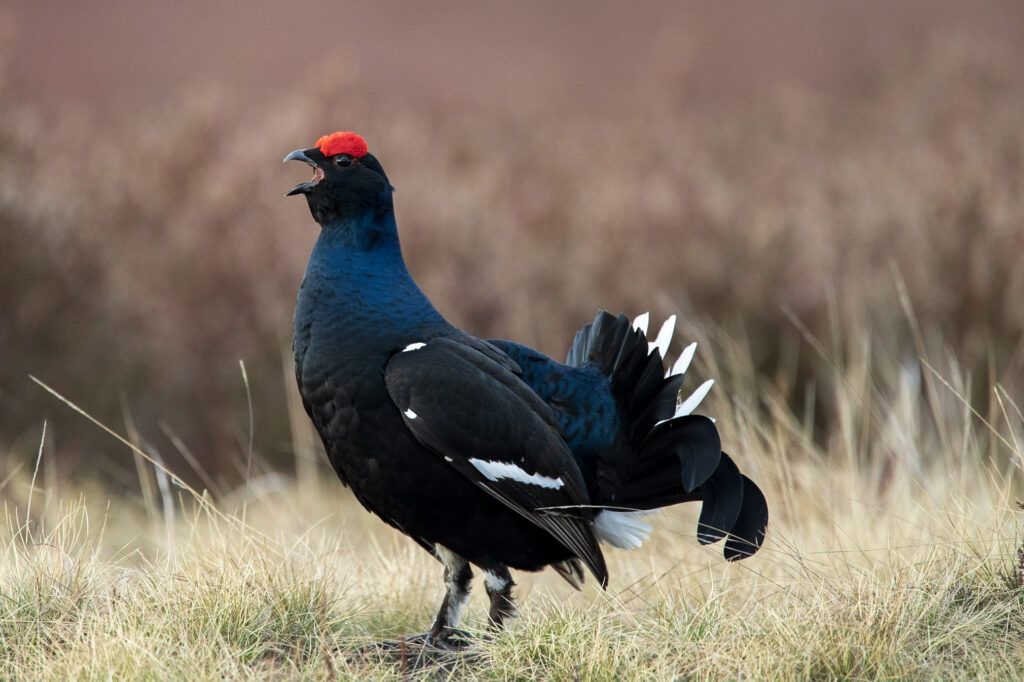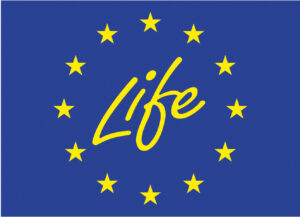Optimizing the management of Natura2000 network in Lithuania


Background
In spite of rapid development of the nature conservation framework after Lithuania joined the EU in 2004, a number of gaps and challenges have emerged in the nature conservation management system. There is a need to improve the overall system of Natura 2000 network management in Lithuania, including the institutional structure and functions, capacity, knowledge base, cooperation between the main stakeholders, and integration with the main economic sectors.
Despite intensive conservation efforts, protected habitat loss and species’ decline remain a significant threat. Decline of biodiversity is caused by changing forestry and agricultural practices, extensive land-use, climate change, distortion of natural hydrological regimes, and manmade infrastructure disturbing natural ecosystem functionality. There are few studies analysing how conservation measures addressing one species are affecting other protected species in the same habitat. Furthermore, there are still knowledge gaps in how to combine conservation measures to achieve the best result for biodiversity, as well as a lack of practice in how to set measurable conservation priorities and achieve ecosystem-based conservation instead of a single species protection approach.

Objectives
In order to optimise the functionality of the Natura 2000 network, Lithuania has elaborated a prioritised action framework (PAF) i.e. a planning tool that aims to integrate financing for the Natura 2000 network into EU financial instruments to 2020. The LIFE-IP PAF-NATURALIT project will focus on implementing the PAF, which covers the entire Natura 2000 network in Lithuania. Meanwhile, demonstration activities will be implemented in selected regions representing different geographical and natural conditions: the Žemaitija, Dzūkija and Aukštaitija natural parks, Labanoras regional park and Čepkeliai nature reserve. The project aims to improve the current Natura 2000 network management system in Lithuania, to ensure favourable conservation status of targeted habitats and species. Specifically, the project aims to positively change the conservation status of at least 18 habitat types of Community interest (33% of all habitat types nationally reported under Article 17 of the Habitats Directive); improve the conservation status of at least 19 species of Community interest (19% of all species nationally reported); and improve population trends of at least 23 bird species (11% of all bird species reported under Article 12 of the Birds Directive).
Other specific objectives are to:
- Set up ‘SMART’ conservation objectives (i.e. specific, measurable, attainable, relevant and time-bound) for the Natura 2000 network at national and local levels;Improve the efficiency of management, surveillance and analysis processes towards achieving and maintaining favourable conservation status of protected habitats and species of Community interest;
- Ensure the integration and implementation of the nature conservation measures into other sectors, especially agriculture, forestry and tourism; and
- Build capacity in the institutions responsible for the implementation of the PAF for Natura 2000 network management.
In addition to the IP budget itself, the project will facilitate the coordinated use of €30.3 million of complementary funding from EAFRD, EU Cohesion fund, state funding and other financial programmes, as applicable.
Expected results:
- Conservation status determined for 27 species;
- SMART conservation objectives and measures proposed;
- Endorsed favourable reference values for 101 species of Community interest and national-level conservation objectives for those species and 54 habitats;
- Approved site-level objectives for at least 410 SCIs and for 84 SPAs;
- At least 5 new protected areas established;
- At least 100 ha of land in Natura 2000 sites purchased for management;
- At least 50 conservation agreements signed with private land owners and users;
- Revised and accelerated nature management planning process;
- Conservation measures provided for c. 20 Natura 2000 network sites and 50 previously adopted nature management plans revised;
- Improved institutional capacity for the implementation of the PAF;
- Nature conservation measures integrated into the Rural Development Programme, along with innovative agri-environmental measures (implemented on approximately 300 ha);
- Nature conservation management planning integrated into forest management planning procedures and guidance for forest management planners covering EU bird species and habitat types and species of the Habitats Directive;
- Animal grazing for sustainable and economically-viable management of open habitats promoted;
- Establishment of management for maintaining favourable conservation status of wetland habitats; and
- Local business benefiting from ecosystem services in a pilot area in a Natura 2000 site.
Contacts
Zymantas Morkvenas
Project Deputy Manager
Tel. 8 5 213 8155
E-mail: zymantas.morkvenas@bef.lt
Duration
2018/01 – 2027/12
Support
The project ” LIFE-IP PAF-NATURALIT” no. LIFE16 IPE/LT/000016 is financed by the EU LIFE Programme and Republic of Lithuania.
Support
Partners
Environmental Projects Management Agency (coordinating beneficiary)
Ministry of Environment of the Republic of Lithuania
Ministry of Agriculture of the Republic of Lithuania
State Service for Protected Areas
Aukštaitija National Park and Labanoras Regional Park Headquarters
Dzukija national park and Cepkeliai nature reserve Directorate
Zemaitija National Park Directorate
Baltic Environmental Forum Lithuania
Faculty of Forest Sciences and Ecology of Aleksandras Stulginskis University


